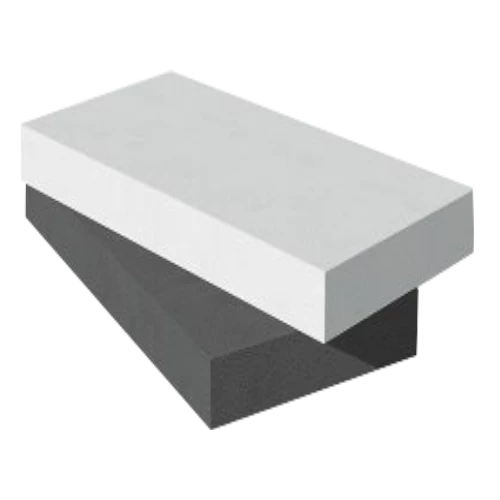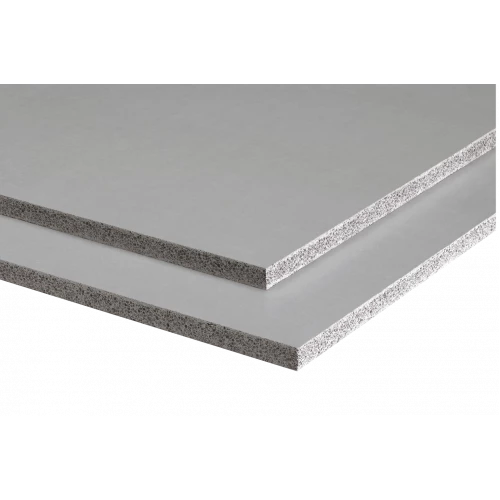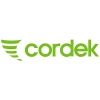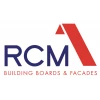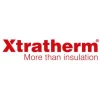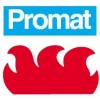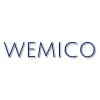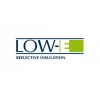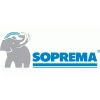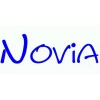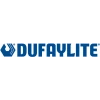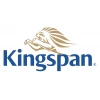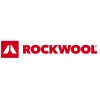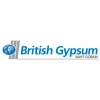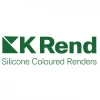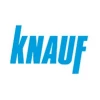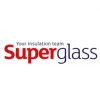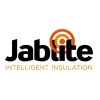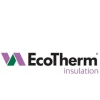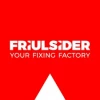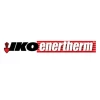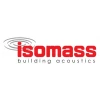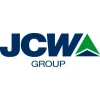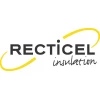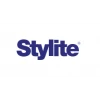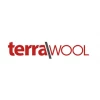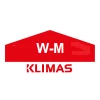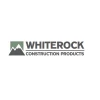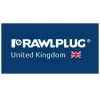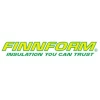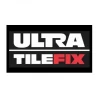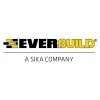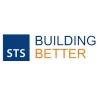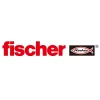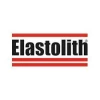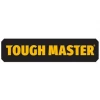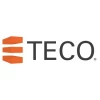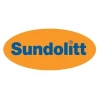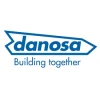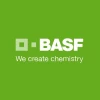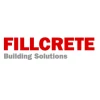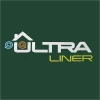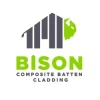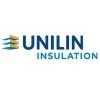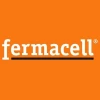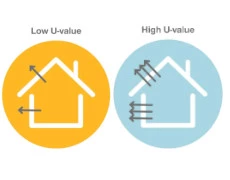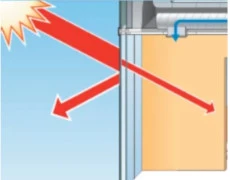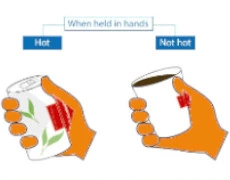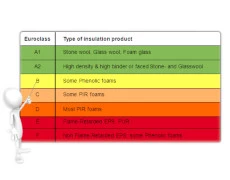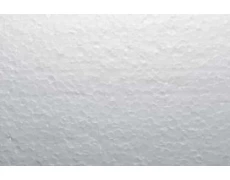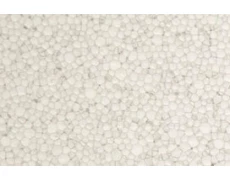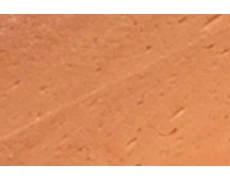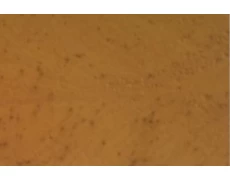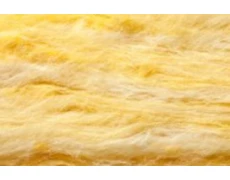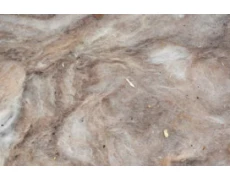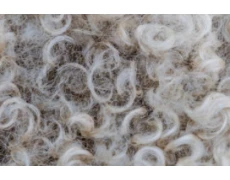- Home
-
Shop by application
-
Shop by brand
-
U-value
- Quick quote
-
Types of insulation
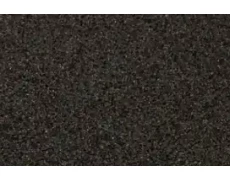 Cellular glassLargely manufactured from recycled glass (e.g. windscreens) and mineral base materials such as sand and without the use of binding agents. The ingredients are melted into molten glass, which is cooled and crushed into a fine powder. The powdered glass is poured into molds and heated (below the melting point) in a "sintering" process that causes the particles to adhere to one another. Next, a small amount of finely ground carbon-black is added and the material is heated in a "cellulation" process. Here, the carbon reacts with oxygen, creating carbon dioxide, which creates the insulating bubbles in the (material). CO2 accounts for more than 99% of the gas in the cellular spaces.
Cellular glassLargely manufactured from recycled glass (e.g. windscreens) and mineral base materials such as sand and without the use of binding agents. The ingredients are melted into molten glass, which is cooled and crushed into a fine powder. The powdered glass is poured into molds and heated (below the melting point) in a "sintering" process that causes the particles to adhere to one another. Next, a small amount of finely ground carbon-black is added and the material is heated in a "cellulation" process. Here, the carbon reacts with oxygen, creating carbon dioxide, which creates the insulating bubbles in the (material). CO2 accounts for more than 99% of the gas in the cellular spaces.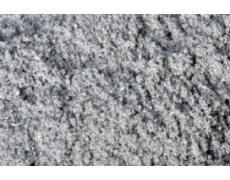 CelluloseCellulose insulation is a material made from recycled newspaper. The paper is shredded and inorganic salts, such as boric acid, are added for resistance to fire, mould, insects and vermin. The insulation is installed either blown or damp-sprayed depending on application.
CelluloseCellulose insulation is a material made from recycled newspaper. The paper is shredded and inorganic salts, such as boric acid, are added for resistance to fire, mould, insects and vermin. The insulation is installed either blown or damp-sprayed depending on application.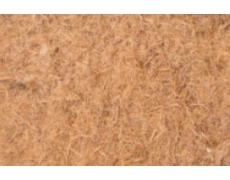 Wood fibreThe success of wood fibre insulation derives from an attractive environmental profile combined with a whole bag of functions including rigid insulation, sheathing and sarking for timber frames, roofs and flooring as well as flexible insulation for studs and rafters. Wood of course is renewable, it sequesters carbon during its growth and product production is relatively free from pollution. The insulation value of wood fibre boards is not as dimensionally efficient as some of the orthodox petro-chemical materials - but it's no slouch either - typically coming in with a 'k value' range of between 0.038-0.043 W/mK depending on format.
Wood fibreThe success of wood fibre insulation derives from an attractive environmental profile combined with a whole bag of functions including rigid insulation, sheathing and sarking for timber frames, roofs and flooring as well as flexible insulation for studs and rafters. Wood of course is renewable, it sequesters carbon during its growth and product production is relatively free from pollution. The insulation value of wood fibre boards is not as dimensionally efficient as some of the orthodox petro-chemical materials - but it's no slouch either - typically coming in with a 'k value' range of between 0.038-0.043 W/mK depending on format.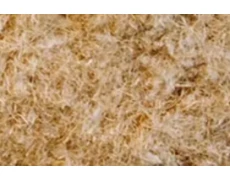 HempHemp fibres are produced from hemp straw of the hemp plant. Most hemp is imported, but an increasing amount of home-grown crop is becoming available. Hemp grows up to a height of nearly 4 metres within a period of 100-120 days. Because the plants shade the soil, no chemical protection or toxic additives are required for hemp cultivation. The product is composed of, usually, 85% hemp fibre with the ballance made up of polyester binding and 3-5% soda added for fire proofing.
HempHemp fibres are produced from hemp straw of the hemp plant. Most hemp is imported, but an increasing amount of home-grown crop is becoming available. Hemp grows up to a height of nearly 4 metres within a period of 100-120 days. Because the plants shade the soil, no chemical protection or toxic additives are required for hemp cultivation. The product is composed of, usually, 85% hemp fibre with the ballance made up of polyester binding and 3-5% soda added for fire proofing.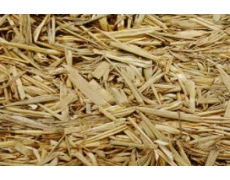 StrawStraw is an agricultural by-product, the dry stalks of cereal plants, after the grain and chaff have been removed. Straw makes up about half of the yield of cereal crops such asbarley, oats, rice, rye and wheat.
StrawStraw is an agricultural by-product, the dry stalks of cereal plants, after the grain and chaff have been removed. Straw makes up about half of the yield of cereal crops such asbarley, oats, rice, rye and wheat. - Blog
DANOSA® COMPANY
Brand: Danosa
Model: 40mm Danopren TR40
40mm Danopren XPS TR40 (Styrofoam) Insulation is a closed-cell extruded polystyrene foam board, commonly called 'Blue Board', manufactured as foam thermal insulation sheets used as an insulation in walls, roofs, foundations and as a water barrier.
XPS Insulation Danopren is an easy and safe to ha..
£ 104.56
Ex VAT:£ 87.13
Estimated delivery: 3-5 working days
Brand: Danosa
Model: 50mm Danopren TR50
50mm XPS Danopren (Styrofoam) is a high-compressive and mechanical strength (300kPa) rigid extruded polystyrene (XPS) foam insulation board with shiplap edges used as thermal insulation for roofs, floors, residential and commercial applications.
XPS Insulation Danopren 50mm is an easy and safe to..
£ 109.61
Ex VAT:£ 91.34
Estimated delivery: 3-5 working days
Brand: Danosa
Model: 60mm Danopren TR60
Danopren XPS TR60 (Styrofoam) Insulation Board 60mm is a robust extruded polystyrene foam board with ship-lap edges used as a thermal insulation board for flat roofs, inverted roofs, floors with overloads, for residential and commercial applications.
60mm XPS Insulation Danopren is an easy and sa..
£ 103.34
Ex VAT:£ 86.12
Estimated delivery: 3-5 working days
Brand: Danosa
Model: 80mm Danopren TR80
80mm XPS Danopren TR80 (Styrofoam) Insulation Sheet is a rigid ship-lap edges extruded polystyrene long-term foam board used as a thermal insulation for flat roofs, inverted roofs, floors with overloads, for residential and commercial applications.
XPS Insulation Danopren 80mm is an easy and safe..
£ 109.80
Ex VAT:£ 91.50
Estimated delivery: 3-5 working days
Brand: Danosa
Model: 100mm Danopren TR100
100mm Danopren XPS TR100 (Styrofoam) Board is an extruded polystyrene (XPS) foam insulation board with ship-lap edges used as a thermal insulation for flat roofs, inverted roofs, floors with overloads, for residential and commercial applications.
XPS Insulation Danopren 100mm is an easy and safe ..
£ 113.17
Ex VAT:£ 94.31
Estimated delivery: 3-5 working days
Showing 1 to 5 of 5 (1 Pages)











